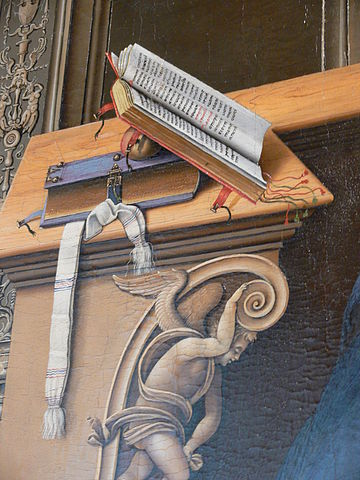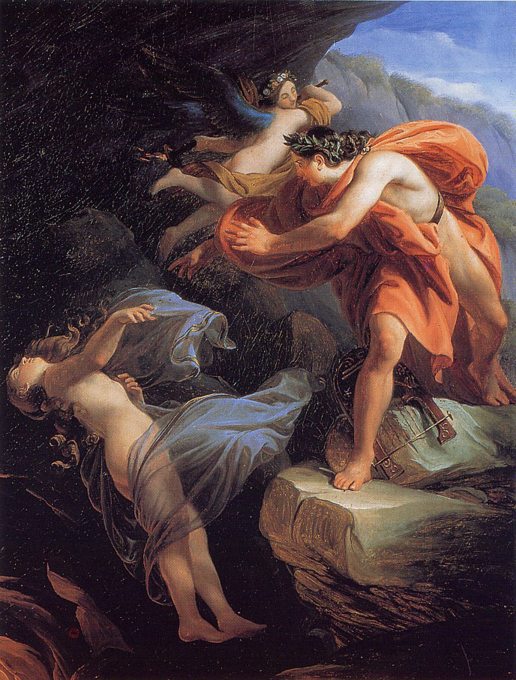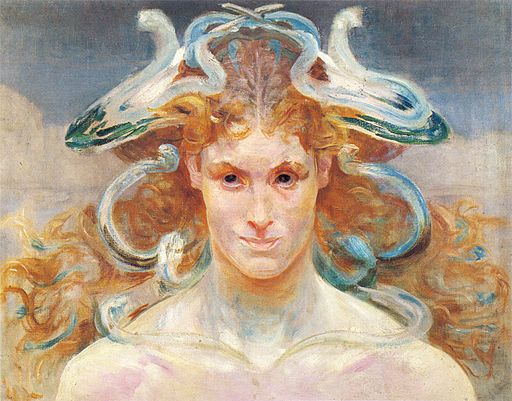
by David C. Kopaska-Merkel
Where the colony had been,
the jungle had since returned,
complex organic molecules in the soil
indicated the former presence of plastic,
nothing else remained.
Nothing else,
save a few feral cats,
hungry and elusive,
hunting small creatures
whose biochemistry
provided little nourishment.
It was days before we saw
their sulfurous eyes,
watching us move like humans do,
their prominent ribs,
we enticed them
with terrestrial food,
shot one with an anesthetic dart,
never saw the others again.
What destroyed the colony?
the purple mold,
exposed metal furred with it,
the Lieutenant’s cough,
all treatment ineffective,
whatever took the two exobiologists,
their empty sample bags
fluttering down very near the ship,
large high flyers
almost invisible in the mist.
Today the lock wouldn’t close;
behind the access panel,
mold-raddled circuit boards,
I’ve caught the Lieutenant’s cough,
only static on the radio,
we entered codes for the last resort,
waited for the end,
but there was no clean atom blast.
In the bomb room,
purple growths reach for us,
blossoms greedily open.



